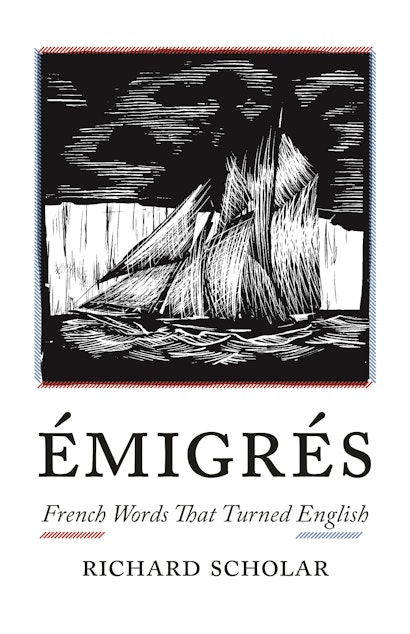The world we are living in is globally interconnected. COVID-19, which knows no borders, reminds us that the relations between us stop nowhere. To make our way in the new normal, we in Britain must reassess our place in an interconnected world. There is perhaps no better place to start this work than in our attitudes towards languages. We need to recognize that reports of the ‘triumph of English’ as a global lingua franca have been exaggerated. If we are to repair damaged relations and to nurture new ones, we will need to speak to other peoples in their languages, and to listen to what they have to tell us in their own words.
But are we Anglophones more multilingual than we know?
Richard Scholar is a Professor in the School of Modern Languages and Cultures, Durham University.
New Ideas for the New Normal is a series of newly commissioned video essays from leading researchers and academics at Durham University. Each ten–minute piece considers how we might live now in a post-pandemic world, offering hope and fresh new ideas across a range of disciplines.
About the Book
English has borrowed more words from French than from any other modern foreign language. French words and phrases—such as à la mode, ennui, naïveté and caprice—lend English a certain je-ne-sais-quoi that would otherwise elude the language. Richard Scholar examines the continuing history of untranslated French words in English and asks what these words reveal about the fertile but fraught relationship that England and France have long shared and that now entangles English- and French-speaking cultures all over the world.
Émigrés demonstrates that French borrowings have, over the centuries, “turned” English in more ways than one. From the seventeenth-century polymath John Evelyn’s complaint that English lacks “words that do so fully express” the French ennui and naïveté, to George W. Bush’s purported claim that “the French don’t have a word for entrepreneur,” this unique history of English argues that French words have offered more than the mere seasoning of the occasional mot juste. They have established themselves as “creolizing keywords” that both connect English speakers to—and separate them from—French. Moving from the realms of opera to ice cream, the book shows how migrant French words are never the same again for having ventured abroad, and how they complete English by reminding us that it is fundamentally incomplete.
At a moment of resurgent nationalism in the English-speaking world, Émigrés invites native Anglophone readers to consider how much we owe the French language and why so many of us remain ambivalent about the migrants in our midst.
Richard Scholar is Professor of French at Durham University. His books include The Je-Ne-Sais-Quoi in Early Modern Europe: Encounters with a Certain Something and Montaigne and the Art of Free-Thinking.
